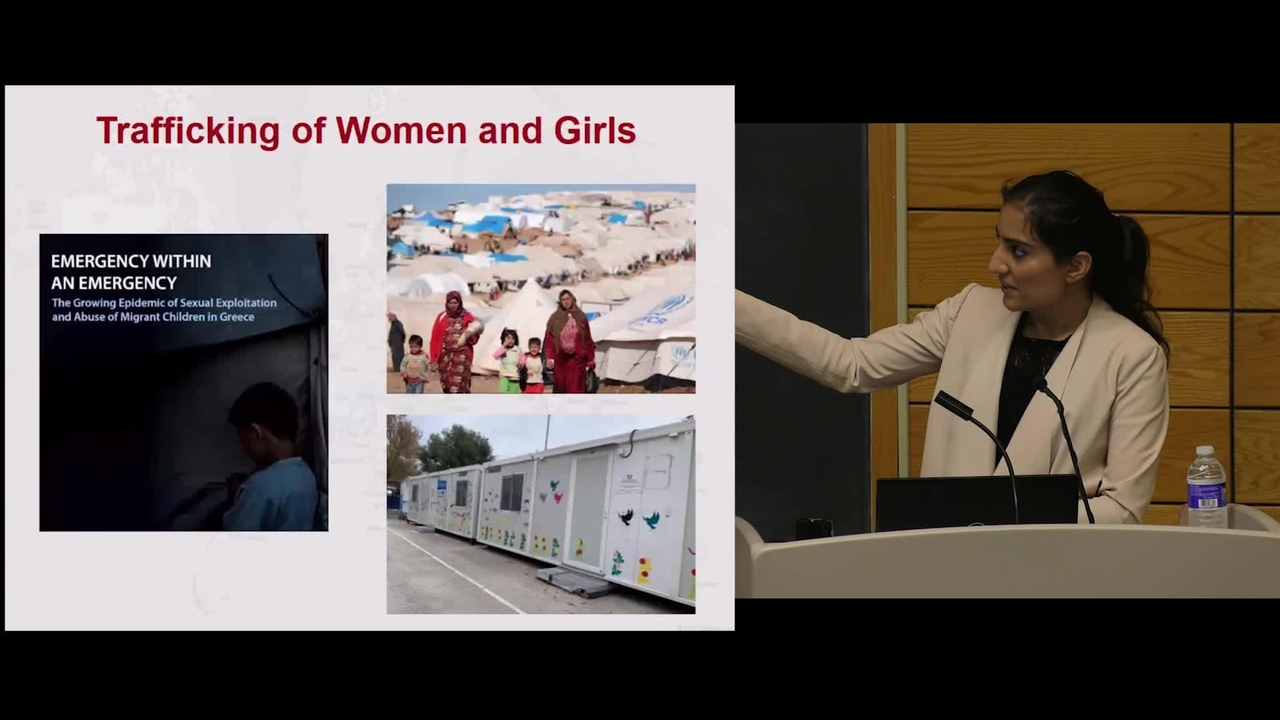
NGOCSTIP – UN Declares War on Traffickers as the world observes the World Day Against Trafficking in Persons on July 30. The theme for 2025 boldly states Human Trafficking is Organized Crime End the Exploitation. This message serves as a powerful reminder that human trafficking is not a standalone act of violence but part of a vast and shadowy web of organized crime. António Guterres as the Secretary General of the United Nations emphasized the urgent need to dismantle these criminal networks through stronger global cooperation. His call extends beyond law enforcement urging financial watchdogs and tech leaders to intervene. Governments and businesses must work together to identify exploitation at its earliest stages. Leaders across the world now increase prevention efforts and recognize the humanity and dignity of every victim involved. This global observance moves beyond symbolism and signals the urgent need for real-time coordinated action.
UN Declares War on Traffickers not only in courts and border zones but now on digital platforms. With traffickers increasingly using online tools to lure and trap victims the scope of the crisis has expanded. Messaging apps forums and job portals are being exploited to carry out recruitment under false pretenses. This shift in strategy has made trafficking harder to detect by traditional means. António Guterres pointed out the need for technological solutions that go beyond surveillance. Companies must develop ethical AI tools capable of identifying patterns linked to trafficking without compromising user privacy. Strong partnerships between governments and the tech industry are essential to close these digital loopholes. Victim identification tools and anonymous reporting platforms can be lifesaving if deployed with care. Combating trafficking online requires new standards of accountability across digital ecosystems. The fight for freedom is no longer just physical it is now virtual too.
“Read about: Exposed: The PEARR Method That’s Transforming How Victims of Trafficking Are Treated”
The war against traffickers requires cutting off their funding. Trafficking networks use financial systems to move and hide profits from exploitation. These networks disguise illicit earnings through seemingly legitimate businesses, which makes detection harder. António Guterres urged financial intelligence units and banks to lead aggressive anti-trafficking investigations. His proposals included stronger financial monitoring and more robust cross-border cooperation to block these money flows. The UN links the persistence of modern slavery to the high profits it generates. Nations must apply anti-money laundering laws consistently and thoroughly. By removing the financial reward, they can weaken the motivation behind trafficking. Governments and institutions should prioritize financial transparency and create programs that return assets to victims. The world needs systems that deliver justice by both punishing traffickers and restoring survivors’ lives. Countries must construct a strong financial defense that prevents traffickers from thriving in the global economy.
Real people stand at the center of this crisis and endure unimaginable abuse. The UN calls on all countries to focus on survivors and actively support their recovery journeys. Many systems overlook victims while prioritizing prosecution or border enforcement. António Guterres highlights the need for trauma-informed services that span from rescue to full reintegration. Nations must ensure access to healthcare, legal assistance, safe shelter, and job training for all survivors.
Governments should revise policies that punish or detain victims based on immigration status. Fear, stigma, and distrust often prevent victims from seeking help. That is why culturally aware methods must guide support efforts. Survivors should shape national strategies and inspire better protection frameworks. Every trafficked person deserves the chance to regain dignity, safety, and independence. Societies must define justice by their treatment of the most vulnerable—not just by their punishment of traffickers. Only then can the global fight against human trafficking move forward with integrity.
“REad more: Is Your Child’s Skin Infection Actually Impetigo? The Shocking Signs Parents Miss”
A turning point has arrived where anti trafficking efforts move beyond humanitarian groups and border patrol units. António Guterres clearly stated that only collective intelligence can confront this organized crime. Governments now include tech giants in their national action plans. For example, they develop secure and anonymous platforms for victims to report abuse. Social media companies meanwhile monitor content and ads to detect signs of exploitation. In addition, schools introduce awareness programs at early education levels. Civil society pushes for better policies and offers critical on-the-ground support. Furthermore, collaboration between sectors creates a unified barrier against traffickers. The UN envisions a world where everyone contributes to prevention. Ultimately, when all parts of society act together, traffickers will lose the space to operate. The mission stays bold but vital: freedom for every person and zero tolerance for exploitation.